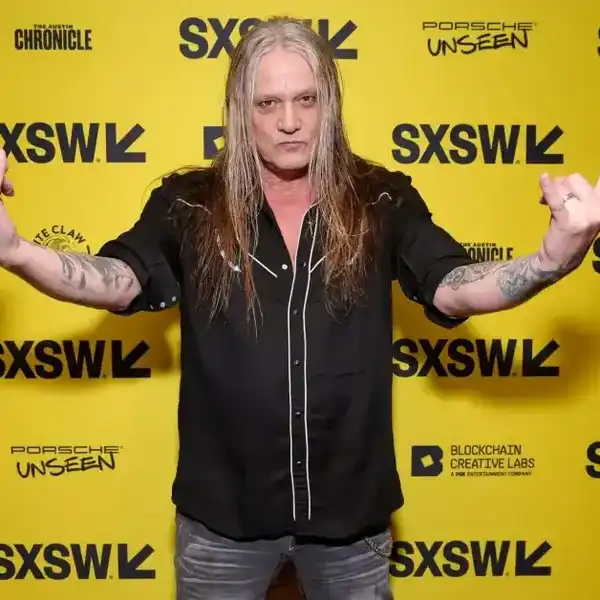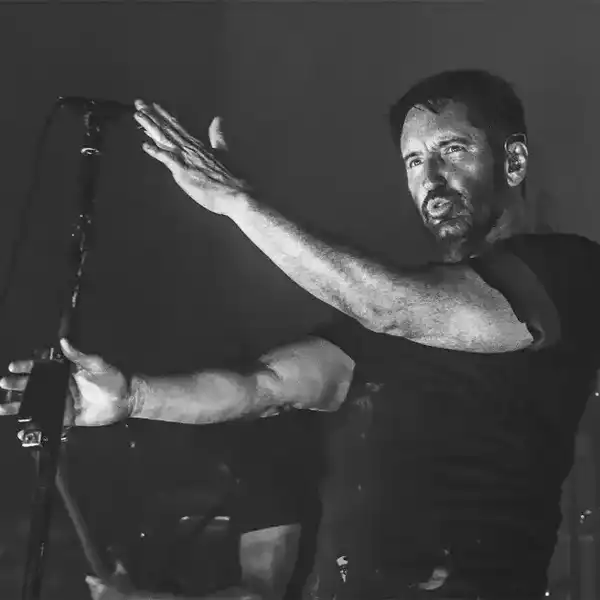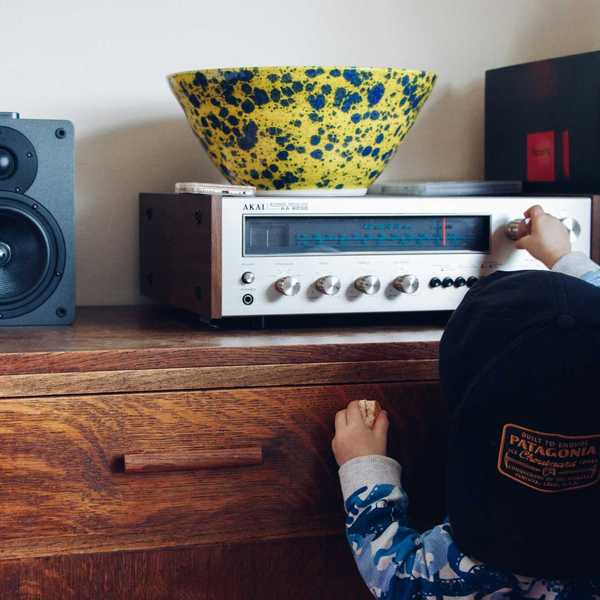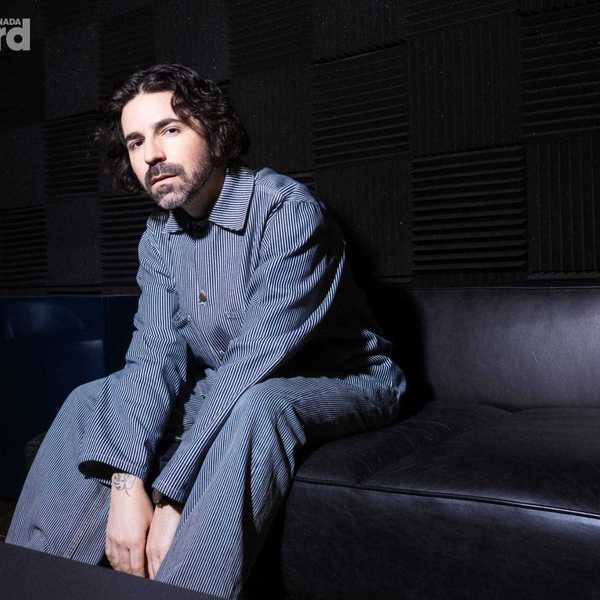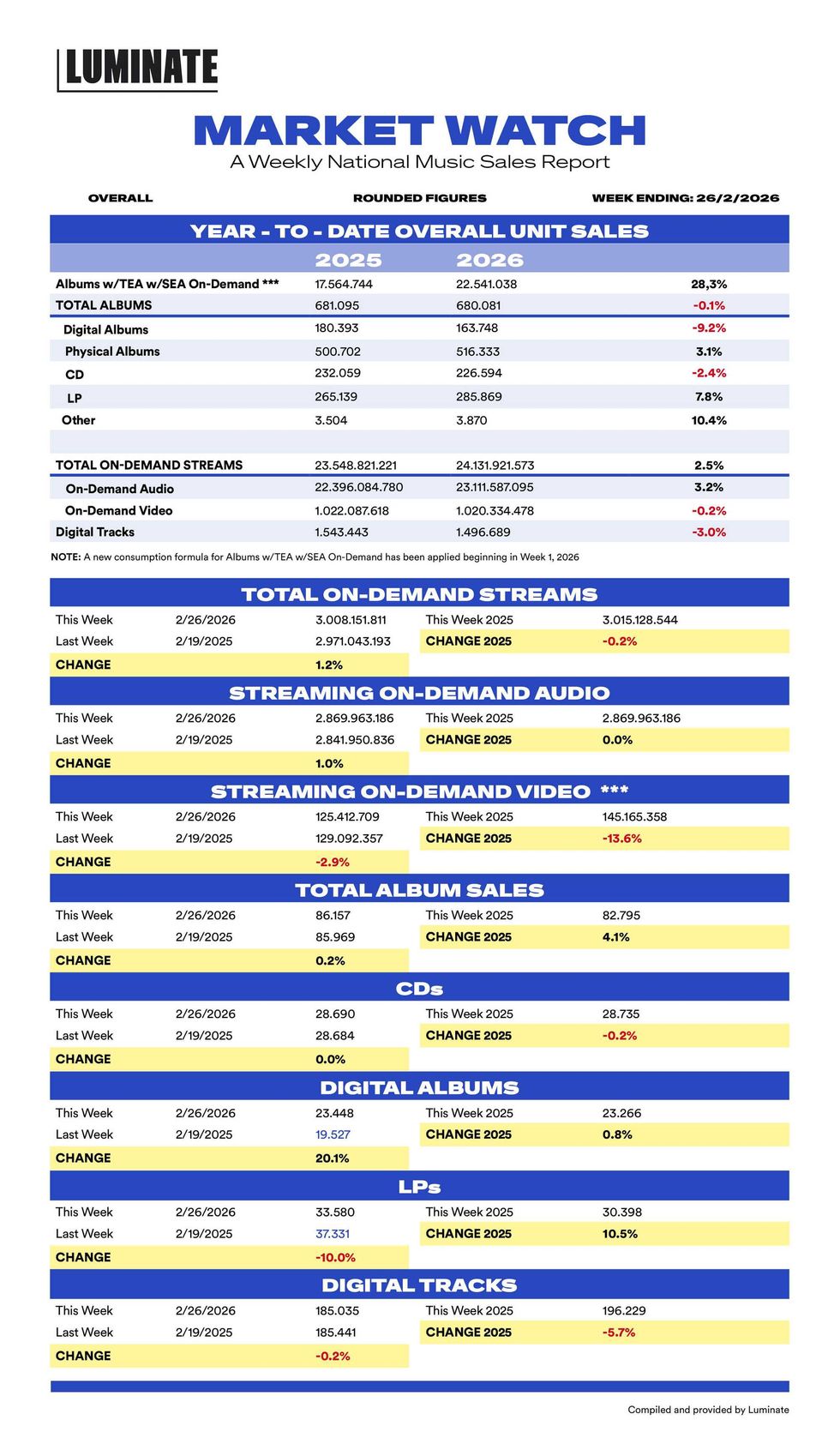A Better Streaming Compensation Plan For Artists
Darcy James Argue is a Vancouver-born jazz composer and bandleader now based in New York City.

By External Source
Darcy James Argue is a Vancouver-born jazz composer and bandleader now based in New York City. He heads Darcy James Argue's Secret Society, an eighteen-piece big band that has earned three Grammy Award nominations for its albums, plus two Juno nominations.
In response to Spotify head Daniel Ek’s recent provocative comments about artists needing to create more, he penned this piece that was posted on his Facebook page. It is reprinted with permission.
There’s been a lot of talk about Daniel Ek telling the artists whose creative work has made him a multi-billionaire that if we want to be paid a living wage, we just need to “work harder.” It’s infuriating, of course, but whenever this conversation comes up, people also tend to be extremely defeatist — yes, Spotify is horrible for artists, but it’s also the future, so what are you going to to do?



